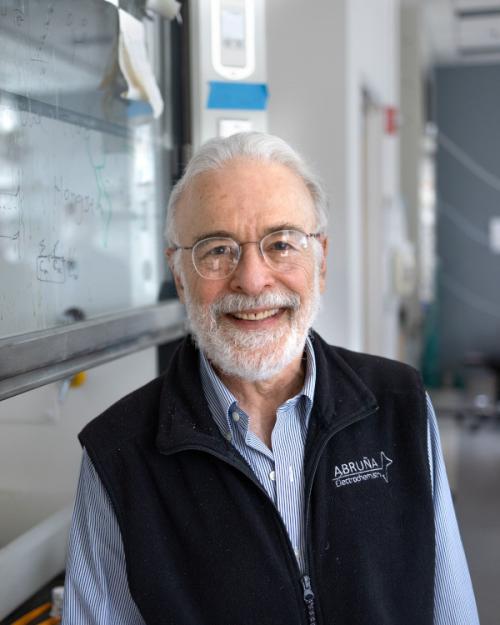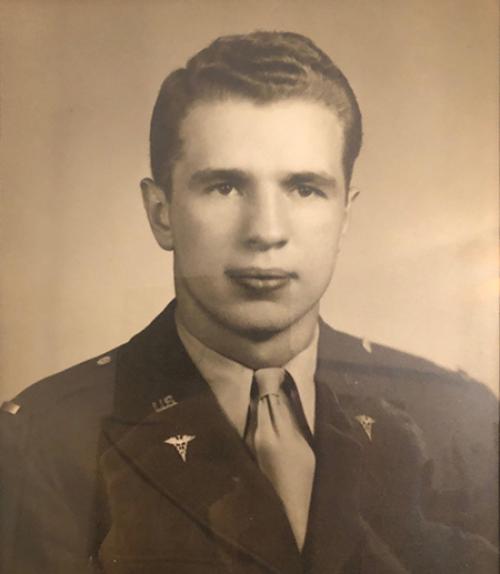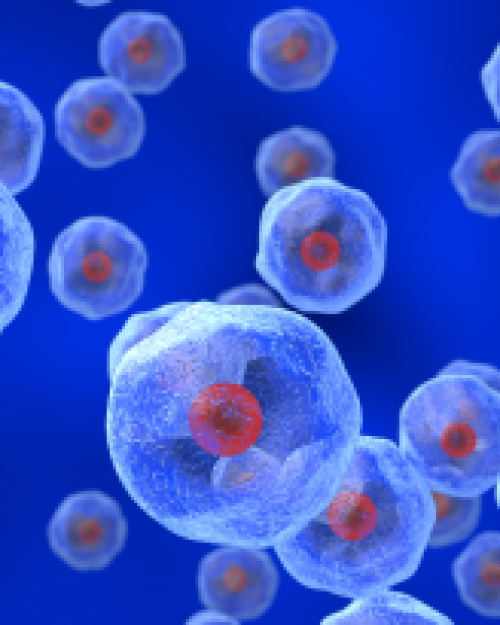Centenarian alum remembers days as WWII medic
Cedric Jimerson '40, M.D. '43, was honored with other veterans from his home state of Pennsylvania at a ceremony in Harrisburg, Pa. commemorating the 75th anniversary of D-Day.
More news


Abruña honored for chemistry in the public interest
A&S Communications

Student spotlight: Bayu Ahmad
Cornell University Graduate School

